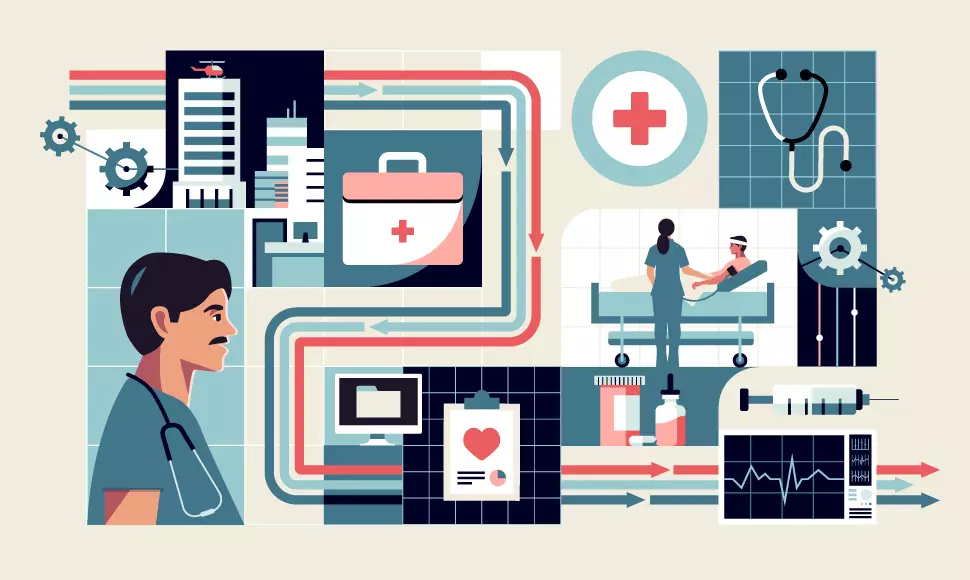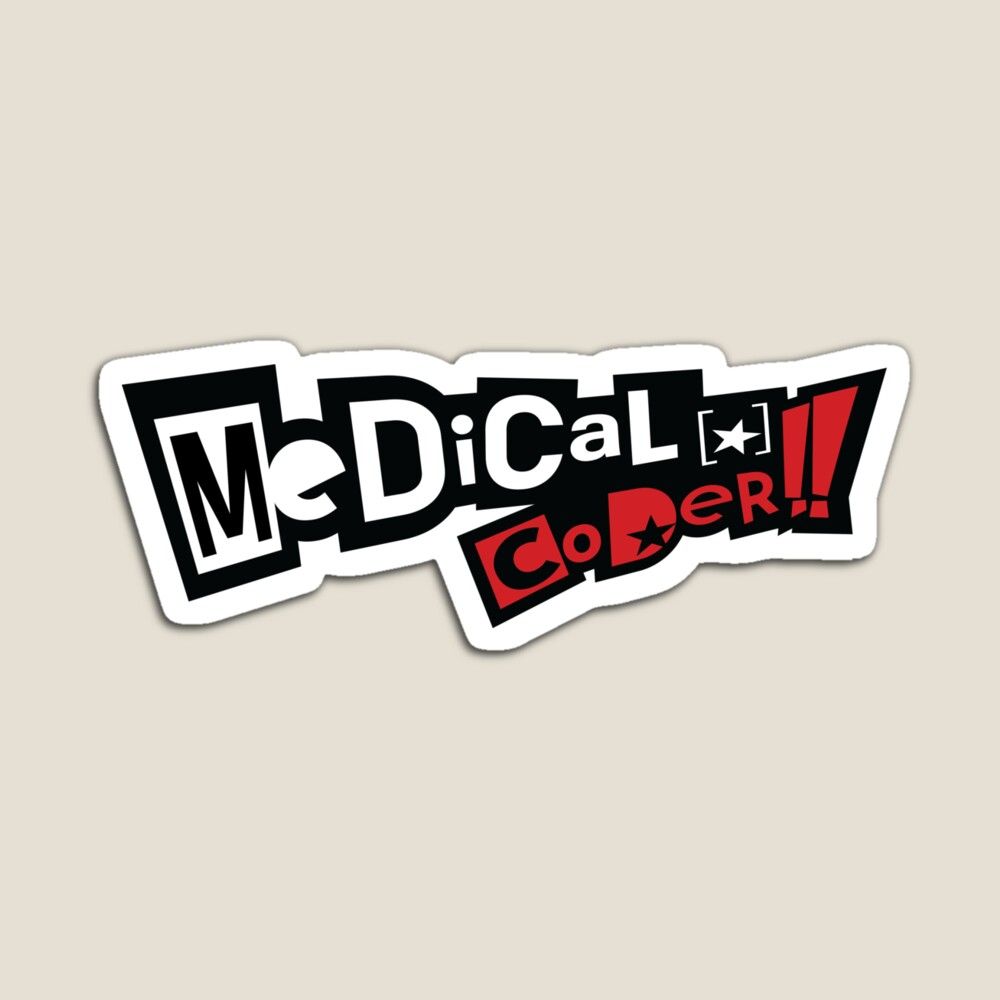Medical Coding: A Complete Guide to the Career, Importance, and Future Scope
Introduction
The healthcare system may look simple from the outside: a patient visits a doctor, gets diagnosed, and receives treatment. But behind the scenes, an enormous amount of data is generated for every medical service. That data needs to be organized, standardized, and translated into a language that doctors, hospitals, and insurance companies can all understand. This is where medical coding comes in.
Medical coding is one of the most in-demand careers in the healthcare industry, growing rapidly as hospitals digitize their records and insurance systems expand worldwide. If you’re looking for a secure, rewarding, and flexible career path, medical coding may be the right choice.
What is Medical Coding?
Medical coding is the process of converting healthcare services into standardized alphanumeric codes. These codes are drawn from global classification systems and are used for billing, insurance claims, patient records, and statistical health analysis.
For example:
- A patient diagnosed with pneumonia is assigned the ICD-10 code J18.9.
- If that patient undergoes a chest X-ray, the procedure is assigned a CPT code 71046.
By using standardized codes, hospitals can accurately bill insurance companies, and researchers can track disease patterns.

Why Medical Coding is Important
Medical coding may seem like a behind-the-scenes job, but it is crucial for:
- Insurance Reimbursement – Hospitals and clinics rely on correct coding to get paid.
- Accurate Documentation – Codes ensure patient records are uniform across systems.
- Public Health Research – Governments use coded data to monitor epidemics and healthcare trends.
- Legal Compliance – Coding prevents fraud and ensures hospitals follow healthcare regulations.
- Global Standardization – Without coding, medical information would be inconsistent across regions.
Types of Medical Coding Systems
There are three main medical coding systems:
1. ICD Codes (International Classification of Diseases)
Managed by the World Health Organization (WHO), ICD codes classify diseases, symptoms, and causes of death. Currently, ICD-10 is widely used, while ICD-11 is being rolled out globally.
2. CPT Codes (Current Procedural Terminology)
Developed by the American Medical Association (AMA), CPT codes describe medical, surgical, and diagnostic services. These codes are essential for insurance claims in the United States.
3. HCPCS Codes (Healthcare Common Procedure Coding System)
HCPCS codes extend CPT codes by covering services such as ambulance rides, prosthetics, and durable medical equipment.
Who is a Medical Coder?
A medical coder is a trained professional responsible for reviewing patient records, interpreting clinical documentation, and assigning the correct medical codes.
Day-to-day tasks include:
- Reviewing doctors’ notes and lab reports.
- Assigning ICD, CPT, and HCPCS codes.
- Preparing and submitting insurance claims.
- Correcting rejected or denied claims.
- Ensuring compliance with healthcare laws.
Skills Required for Medical Coding

- A successful medical coder needs both technical and analytical skills, such as:
- Attention to Detail – Small mistakes can result in claim denials.
- Medical Knowledge – Understanding anatomy and terminology.
- Analytical Thinking – Interpreting doctors’ clinical notes.
- Computer Skills – Using electronic health record (EHR) systems.
- Communication Skills – Coordinating with doctors, nurses, and insurance companies.
Steps to Become a Medical Coder
Here’s a step-by-step roadmap to enter this career:
- Educational Background – High school diploma (minimum), healthcare degree preferred.
- Training Programs – Enroll in a medical coding course online or at a training center.
- Certification – Obtain a globally recognized certification such as:
- CPC (Certified Professional Coder) – AAPC
- CCA (Certified Coding Associate) – AHIMA
- CCS (Certified Coding Specialist) – AHIMA
- Gain Practical Experience – Internships in hospitals or insurance companies.
- Stay Updated – Coding standards are updated annually.
Career Opportunities in Medical Coding
Medical coders are in demand worldwide, with opportunities including:
- Hospital Coder – Works with inpatient and outpatient records.
- Clinic Coder – Specializes in physician services.
- Insurance Coder – Handles claims verification for insurance companies.
- Medical Billing Specialist – Combines billing with coding.
- Compliance Auditor – Ensures legal and coding accuracy.
- Coding Instructor – Trains future medical coders.
Salary Expectations
The salary of medical coders varies depending on certification, location, and experience:
- Entry-Level Coders – $30,000 – $40,000 per year.
- Certified Coders – $50,000 – $70,000 annually.
- Specialized Coders – $80,000+ annually in fields like oncology and cardiology.
Outsourcing countries such as India, Pakistan, and the Philippines provide coders to the U.S., Canada, and the Middle East, where demand is high.
Benefits of a Career in Medical Coding
- High Demand – A rapidly growing career.
- Work From Home Options – Many companies allow remote jobs.
- Flexible Schedules – Freelancing and part-time opportunities.
- Global Career Opportunities – Work abroad or for outsourcing companies.
- Job Security – Healthcare is recession-proof.
Challenges in Medical Coding
Like any profession, medical coding has its challenges:
- Frequent updates in coding guidelines.
- Complex medical terminology.
- Pressure of handling large volumes of data.
- Risk of claim denials due to errors.
However, continuous training and practice help coders overcome these challenges.
Future Scope of Medical Coding
The future looks bright for medical coders because of:
- Growing Insurance Usage – More patients relying on insurance.
- Healthcare Digitization – EHR systems need coders.
- Outsourcing Growth – More companies outsourcing to cost-effective countries.
- AI in Coding – Artificial intelligence will assist coders but cannot replace human oversight.
The U.S. Bureau of Labor Statistics projects a 7% growth in medical coding and billing jobs by 2031—faster than the average for most careers.

Top Training Institutes for Medical Coding
If you’re looking to build a career in medical coding, here are some leading organizations:
- AAPC (American Academy of Professional Coders) – USA
- AHIMA (American Health Information Management Association) – USA
- Medesun Healthcare Solutions – India
- AAPC International – Middle East
- Local Medical Universities offering short-term courses
Tips for Beginners
- Start with medical terminology basics.
- Learn the difference between ICD, CPT, and HCPCS.
- Practice using real medical records.
- Join online forums and coding groups.
- Stay updated with new guidelines every year.
Frequently Asked Questions
1. Is medical coding a good career?
Yes, it is one of the fastest-growing careers in healthcare, offering remote work options, good salaries, and global opportunities.
2. Can I do medical coding from home?
Yes, many companies hire remote coders, especially after gaining experience or certification.
3. Do I need a medical degree to become a coder?
No, but knowledge of medical terminology, anatomy, and physiology is required. Certifications help bridge the gap.
4. Which certification is best for beginners?
The CPC (Certified Professional Coder) by AAPC is the most popular certification for entry-level coders.
5. Is medical coding difficult?
It can be challenging at first due to the vast number of codes, but with practice and training, it becomes easier.
Learn MoreMore Blog